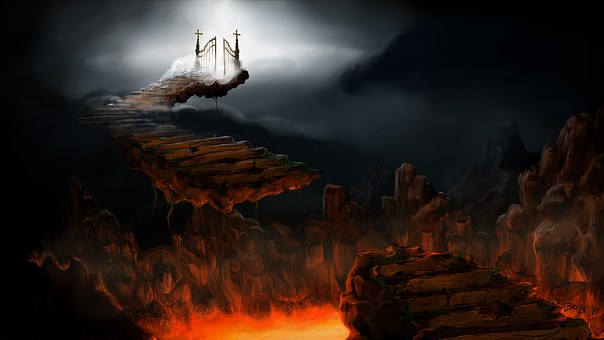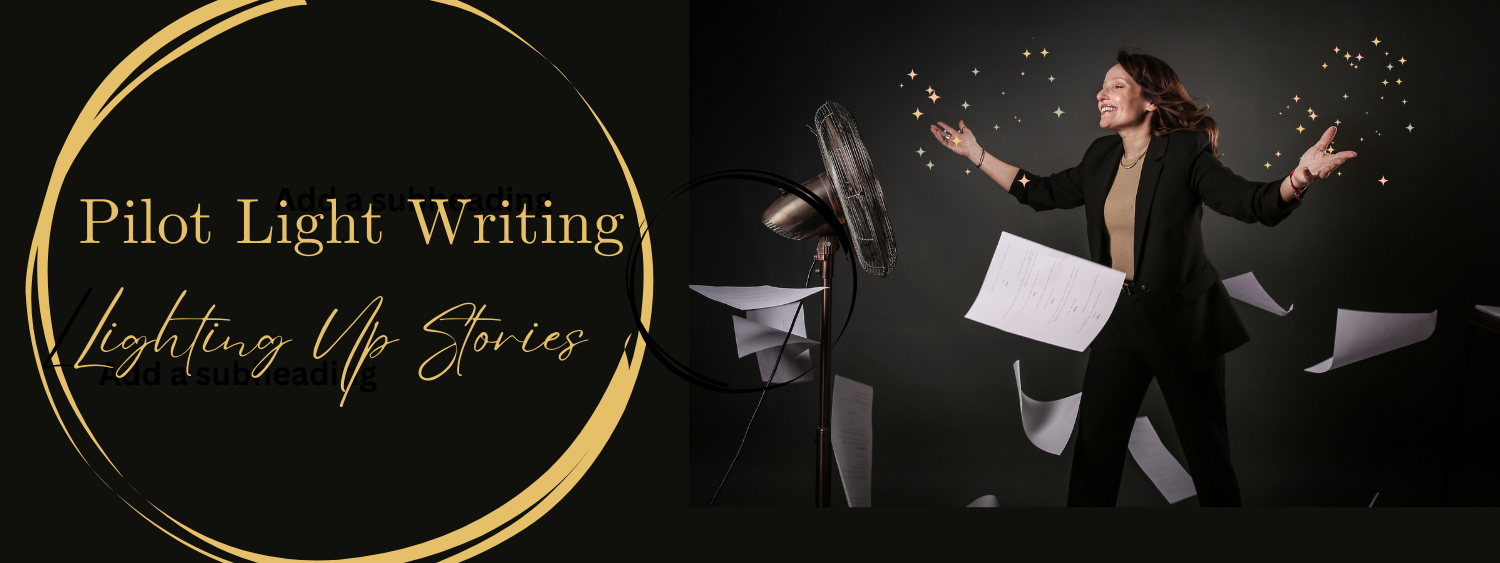
A story without conflict is a good sedative.
No one wants to read a book or watch a film where nothing is happening in the life of the characters.
But when it comes to conflict or obstacles, writers often get confused.
Many times, I’ve come across scripts where the tension is weak or just expressed verbally like an argument between two characters, but depth is missing.
In The Anatomy Of Story, John Truby wrote: ‘A simplistic opposition between two characters kills any chance at depth, complexity, or the reality of human life in your story. For that, you need a web of oppositions.’
Some writers can be great at creating an external (or outer) conflict, like a car chase or a disaster, but forget to provoke any change inside their characters (inner conflict).
And as Lisa Cron says in the video below: ‘Stories are about internal changes. It’s about how we overcome misbeliefs. Stories are about the raging mess that we live on the inside. That’s what we want in a story’. Watch the Lisa Cron’ speech here.
And I agree.
When we watch a story, we want to know how others handle their ‘mess’ hoping that in this process we learn something.
As a script judge I can tell you that the winning scripts are always the ones that have both inner and outer conflict in their characters regardless of their plot, structure or concept. And by the way, your character doesn’t need to be lovable.
So where to start? How to add inner and outer conflict to your character?
You give them fears.
Dr Cha-Zay Sandhriel Ph.D., C.H. wrote a book called The 4 Gateways. In this book, she explains that she met a Mayan gatekeeper who said to her that to succeed in life, everyone must go through the 4 gateways in the following order:
1/ The Gate of Fear
2/ The Gate of Clarity
3/ The Gate of Power
4/ The Gate of Wisdom
According to the Mayan Gatekeeper, no one can achieve anything unless they confront their fears.
The gate of fear is easy to recognize: it’s everything that you’ve tried to avoid at all costs. Almost everyone tries to escape that one.
It takes courage to face your demons and most of the time it is not a nice experience.
In her book, Dr Cha-zay quotes Helen Keller who confirms this ancient wisdom: ‘Character cannot be developed in ease and quiet. Only through experience of trial and suffering can the soul be strengthened, ambition inspired, and success achieved’.
Think about your life.
When was the last time you felt proud of yourself?
I bet you it was a time when you got out of your comfort zone, a time where you scared yourself.
It is exactly what an audience want to see in a character.
We want to see how others overcome their fears because we want to learn from it. And if we watch a film or read a book where the character does that, we feel inspired.
After the gate of fear, comes the gate of clarity.
Clarity is when we finally know what we need to do in order to succeed. When we have a plan.
I would like to quote John Truby again: ‘Action is not possible without some plan, in life and in storytelling. The plan is the set of guidelines, or strategies, the hero will use to overcome the opponent and reach the goal’.









